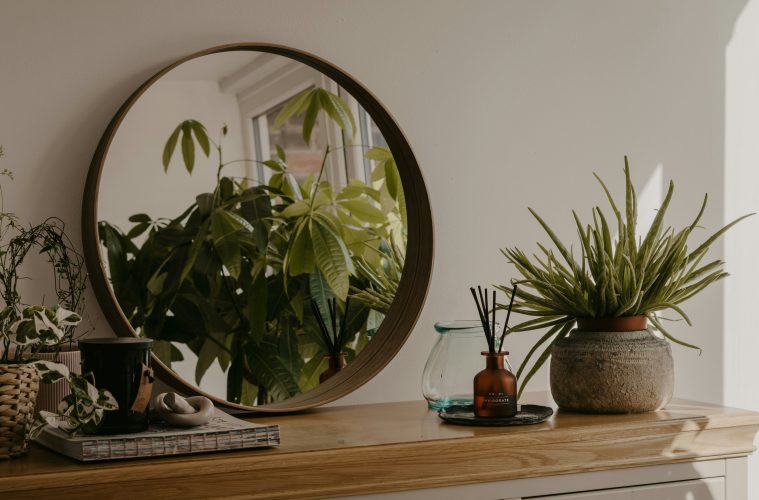Feng shui goes beyond aesthetics and the placement of certain furniture. You can also use houseplants to cultivate positive energy flow, or chi, in your home. Surprisingly, houseplants play a vital role in feng shui.
Here’s a list of the best feng shui houseplants you need to have in your home right now.
Money plant
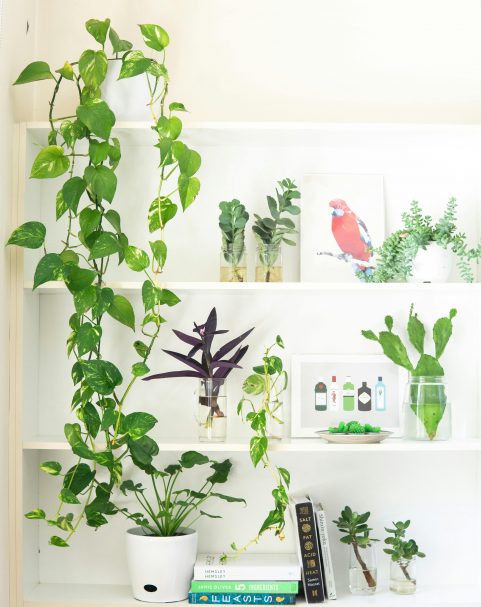
Pexels
This easy-to-care-for succulent is a feng shui favourite. Its plump, round leaves resemble coins, symbolising wealth and abundance. Place it strategically in the southeast area of your home, the wealth zone according to a bagua map (a feng shui tool used to map energy zones in a space). For an extra boost, keep the leaves clean and dust-free to allow positive energy to flow freely.
Pothos
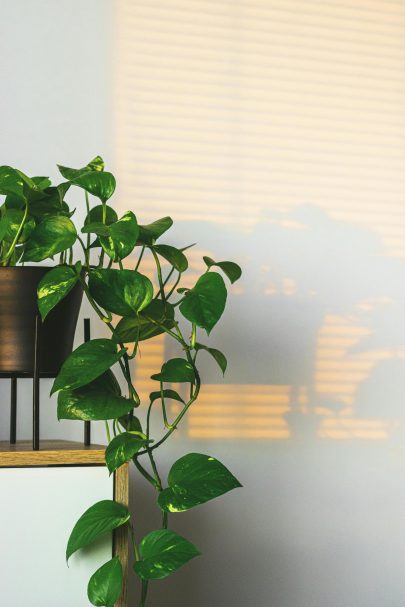
Pexels
This easy-to-care-for vine is a popular feng shui choice. Its lush, heart-shaped (on some varieties) or oval leaves represent new beginnings and growth. Place it in the east or southeast zone for a boost to wealth and prosperity, or allow it to cascade in the north zone (career) to symbolize advancement.
Citrus trees
In the right spot, you can grow citrus trees in your home. Orange, lemon, and other citrus trees represent wealth and prosperity due to their abundant fruit-bearing nature. The vibrant green leaves and colourful fruits symbolise not only monetary wealth but also the flourishing of your endeavours. Citrus trees prefer bright, sunny locations and well-draining soil.
Snake plant
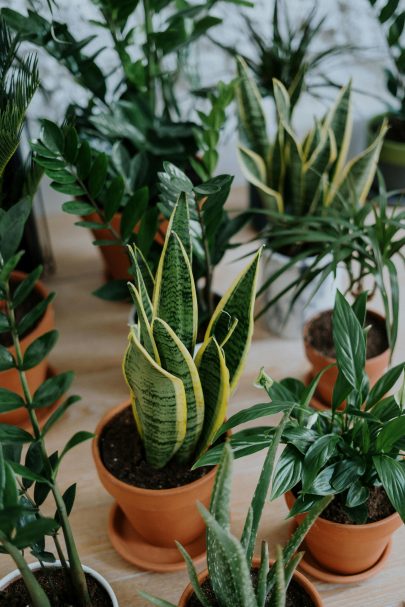
Pexels
According to feng shui, snake plants, with their striking upright sword-like leaves, provide protection and purification. They are also known for their air-purifying properties, removing toxins like formaldehyde and benzene from the air. This makes them ideal for bedrooms, where clean air is essential for a good night’s sleep. Snake plants are very low-maintenance and can tolerate low-light conditions.
Heart leaf philodendron
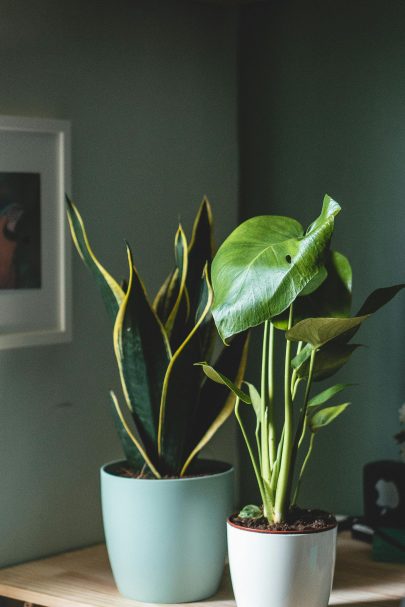
Pexels
This vining plant, as the name suggests, features attractive heart-shaped leaves. In feng shui, it represents the Wood element, associated with growth, development, and new beginnings. The heart shape further emphasises love and relationships. Place it in the east for overall growth and family harmony, or the west zone (relationships) to strengthen existing bonds.
Boston fern
This lush fern fosters harmony and peace according to feng shui. Its long, feathery fronds add a touch of tranquillity to any space promote relaxation and reduce stress. Boston ferns prefer bright, indirect sunlight and high humidity levels. Misting the leaves regularly is recommended, especially in dry climates.
Rubber plant
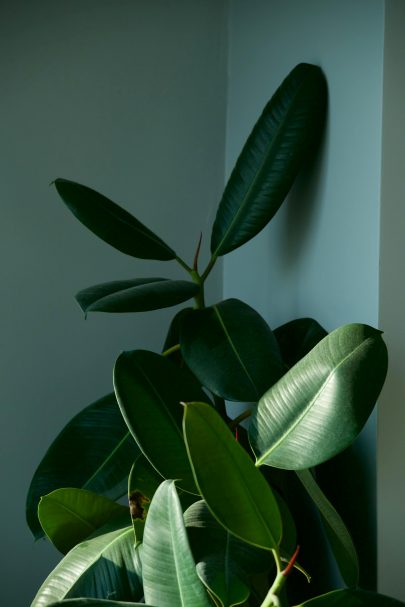
Pexels
With its large, glossy leaves, the rubber plant is said to amplify positive energy and career success. The large, expansive leaves are believed to represent growth and advancement. Rubber plants prefer bright, indirect sunlight and well-draining soil. Wipe the leaves regularly with a damp cloth to remove dust and allow the plant to absorb light efficiently.
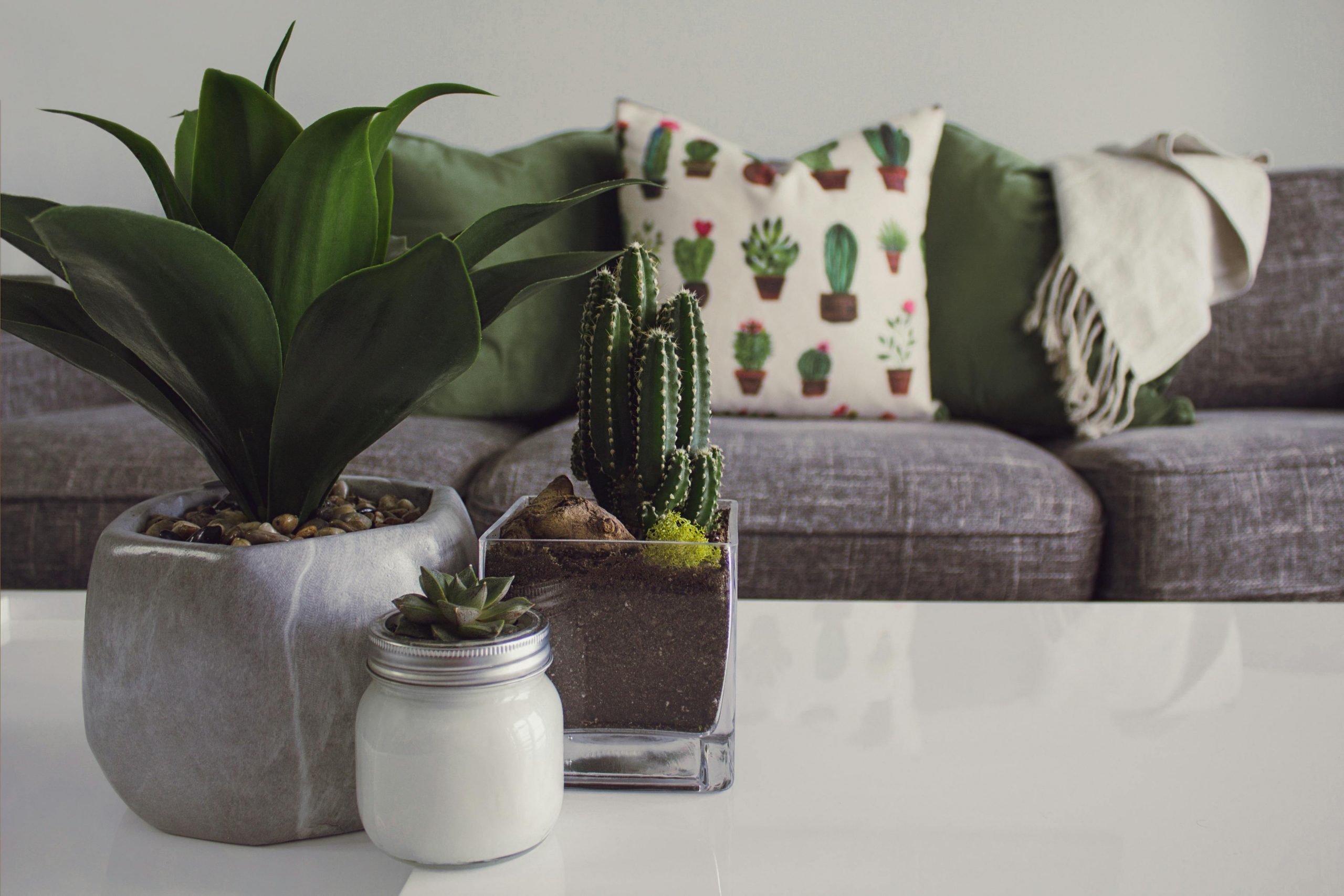
Pexels
Placement and care
When choosing feng shui plants, consider the five elements of feng shui (wood, fire, earth, metal, and water). Wood plants (like money plants) generally thrive in the east and southeast zones, while fire plants (like anthurium) favour the south zone.
Remember, proper plant care is essential to cultivate vibrant, thriving plants that enhance your space. Research the specific light, water, and soil requirements of each plant to ensure it flourishes in your home.
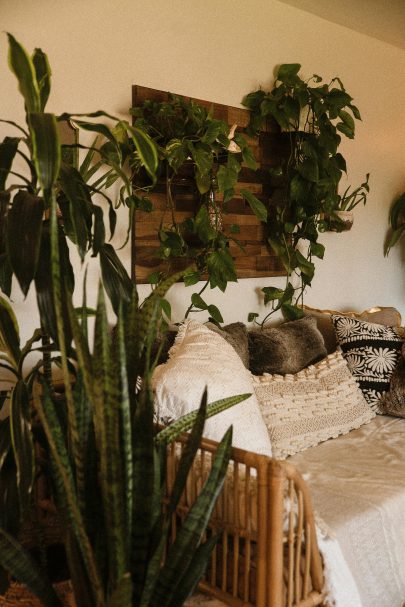
Pexels
Beyond the plant
While feng shui plants can positively influence your home’s energy, it’s a holistic practice. Consider decluttering your space, arranging furniture strategically, and incorporating natural light for optimal feng shui.
With thoughtful plant selection, proper care, and a commitment to creating a harmonious environment, you can cultivate a space that supports your well-being and fosters positive energy flow throughout your home.
ALSO READ: 5 Houseplants for minimalist homes
Article was originally written and published by Jade McGee for Woman&Home.
Feature image: Unsplash

